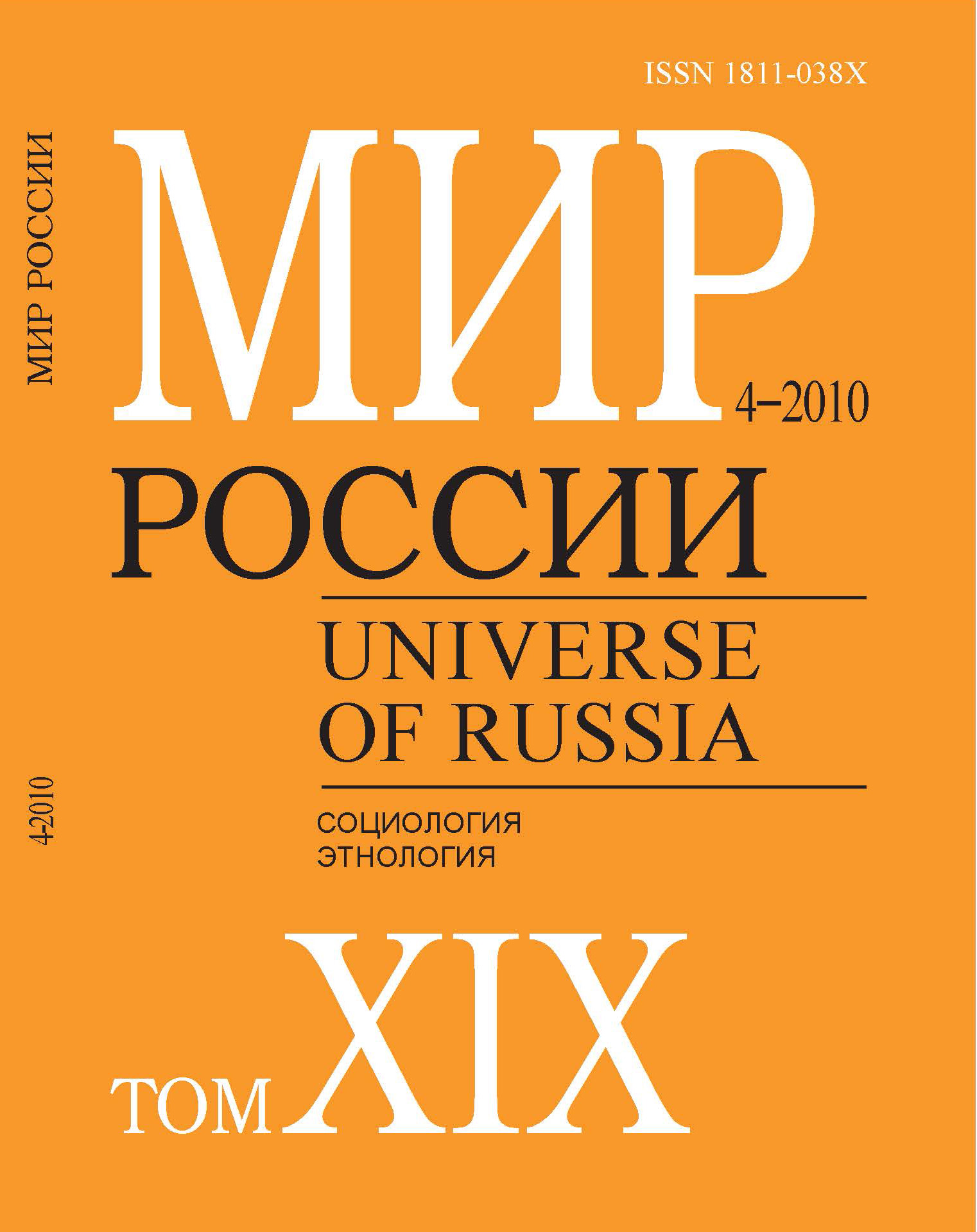Social Organization of Russian Business through Social Mechanisms of Job Placement
Abstract
Azer Efendiev — Head of the Department and Mater Program in Human Resource Management, Faculty of Management, National Research University “Higher School of Economics”. Address: 20, Myasnitskaya St., Moscow, 101000, Russian Federation. E-mail: efendiev@hse.ru
Evgeniya Balabanova — Vice Director, Center for Firm Social Organization Studies, National Research University “Higher School of Economics”. Address: 20, Myasnitskaya St., Moscow, 101000, Russian Federation. E-mail: balabanova@hse.ru
Anna Gogoleva — Junior Researcher, Center for Research in Social Organization of Firms, National Research University “Higher School of Economics”. Address: 20, Myasnitskaya St., Moscow, 101000, Russian Federation. E-mail: agogoleva@hse.ru
This paper is focused on the exploration of social mechanisms of job placement in companies as one of the key elements of social organization of business in Russia.
In the first part of the paper the main approaches to the social organization are discussed and the studies of organizational culture are examined. This analysis brings the authors to the conclusion that previous views on social issues in organizations do not capture the essence of the foundations of Russian business development. Thus, the authors propose treating ‘social organization’ as a system of typical and institutionalized elements of socio-cultural regulation of individuals consisting of mental and practical components.
The main ideas come from the results of a large scale empirical study in 80 Russian companies. The combination of responses from employees and managers (2382 questionnaires were used) with economic indicators provided by their top-managers makes it possible to observe the major dimensions of social organization of job placement. Firstly, the ways of getting information about free positions are distinguished from factors of getting a final job offer. Secondly, factor analysis showed the two main factors of job placement. The first one is ‘occasional versus non-occasional placement’. But the authors focus on the analysis of the second factor, which empirically reveals confrontation between ‘meritocratic’ (education and qualification) and ‘ascriptive-clannish’ (protectionism) factors of personnel hiring.
We present data which reveals workers’ professional experience, educational characteristics and professional development activities. The data showed that the average educational level of employees is rather high, but at the same time there is a deficiency of professional education relevant to the current position. In addition, one third of respondents have less than 3 years work experience in their current profession. According to these indicators, several ‘types of qualification’ among workers of Russian business organizations are picked out and described. The most prevalent type is ‘experienced employees but without professional education relevant to current position’. This fact means that the opportunities for using ‘meritocratic’ criteria of personnel hiring are very limited. This conclusion is combined with two additional points. First, the study of employee role expectations reveals that the value of improving their qualification is rather low. Second, the results concerning training and personnel development in studied companies show that employers rarely involve employees in programs of qualification improvement. All these facts bring us to conclusion that the significance of qualification in Russian organizations is rather low.
In the last part of the paper several types of protectionism in job placement are marked out. Their prevalence is analyzed and the social mechanisms of protectionism reproduction are described. The distribution of protectionism types and their conditions allow making a proposition that protectionism is deliberately used in Russian business organizations.






